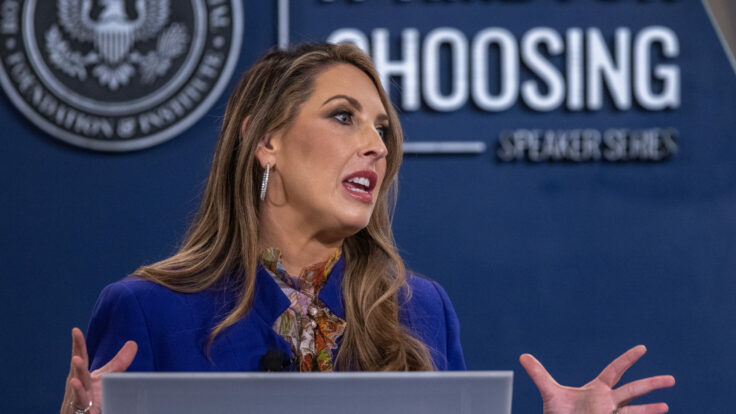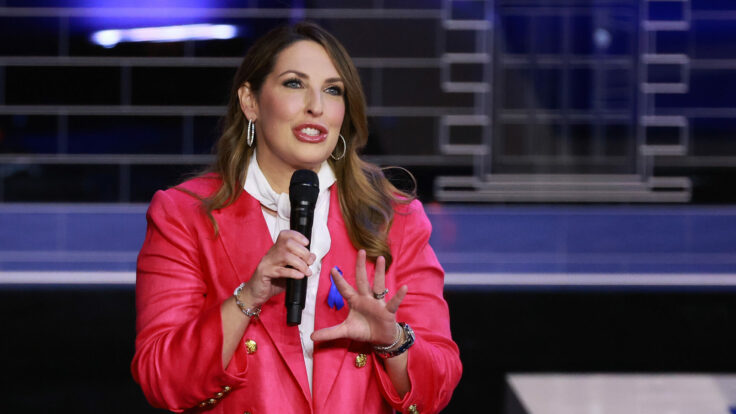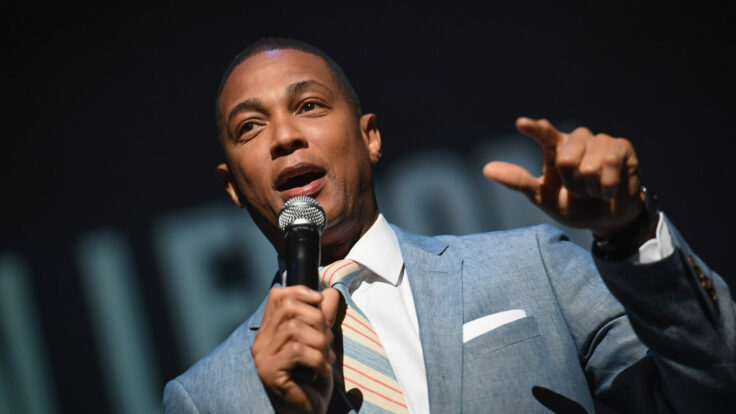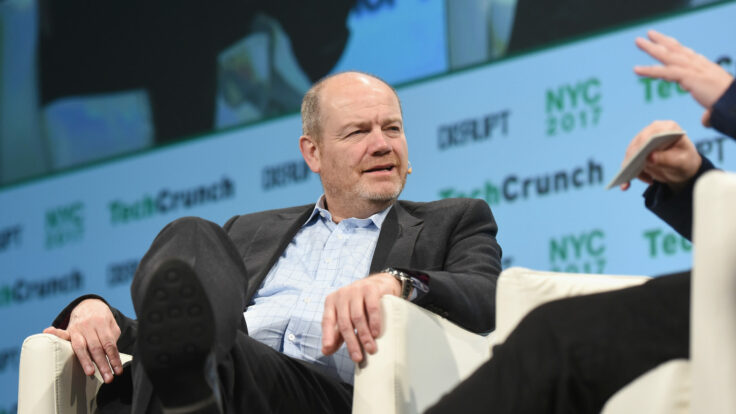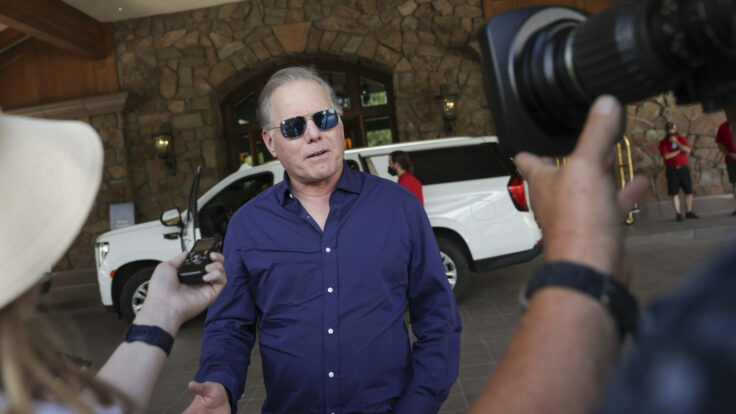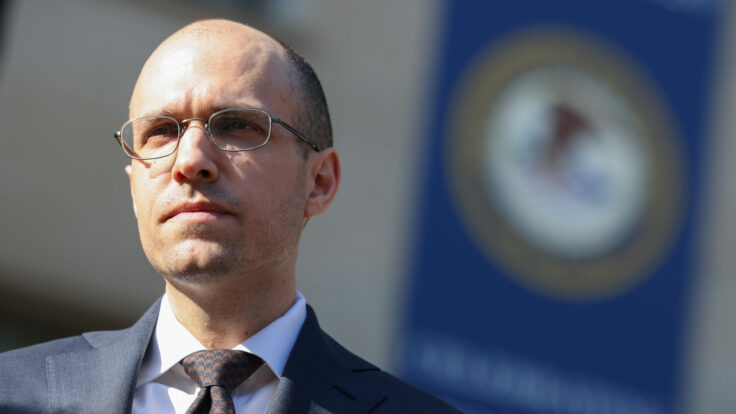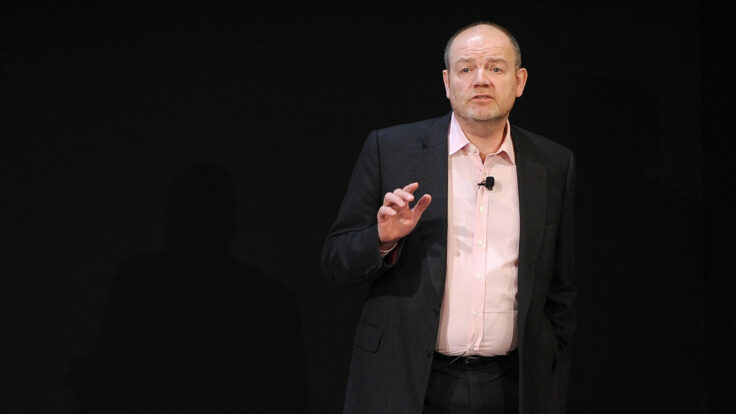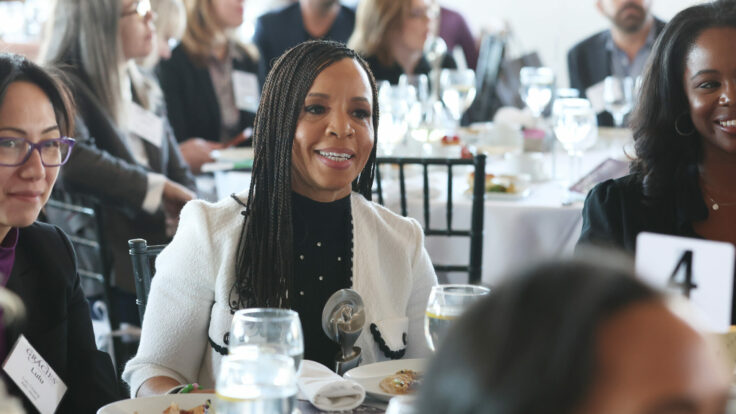From the moment it was published last Sunday, The Wall Street Journal’s double-bylined “WSJ News Exclusive” bombshell report, inelegantly but comprehensively headlined “Elon Musk’s Friendship with Sergey Brin Ruptured by Alleged Affair,” set off a nuclear explosion in the adjacent industries of technology, finance, media, philanthropy, and the celebrity industrial complex. It also set off a series of cascading questions about the article of journalism, itself: What counts as an affair? What is an“alleged affair”? And then: How could the reporters possibly know? And last but not least: Why did the Journal, the classy establishment business bible, publish this very personal piece in the first place?
In modern times, salacious details about the alleged sex lives of moguls tend to be unearthed by The Daily Mail or The National Enquirer, or by TMZ, which recently published exclusive photos of an Adonis-like Ari Emanuel hosing down Musk on a yacht off Mykonos. “How is this a Journal story?” more than a few media executives muttered aloud after its publication. Musk tweeted that the Journal had gone “way sub tabloid.” Many of the paper’s biggest critics in the business community, as well as a few Friends of Elon similarly accused the paper of falling to tacky standards when we spoke to them—and this was before Elon Musk and Nicole Shanahan, Brin’s ex and the woman implicated in the story, issued their strongly worded denials and effectively accused the paper of defamation.






